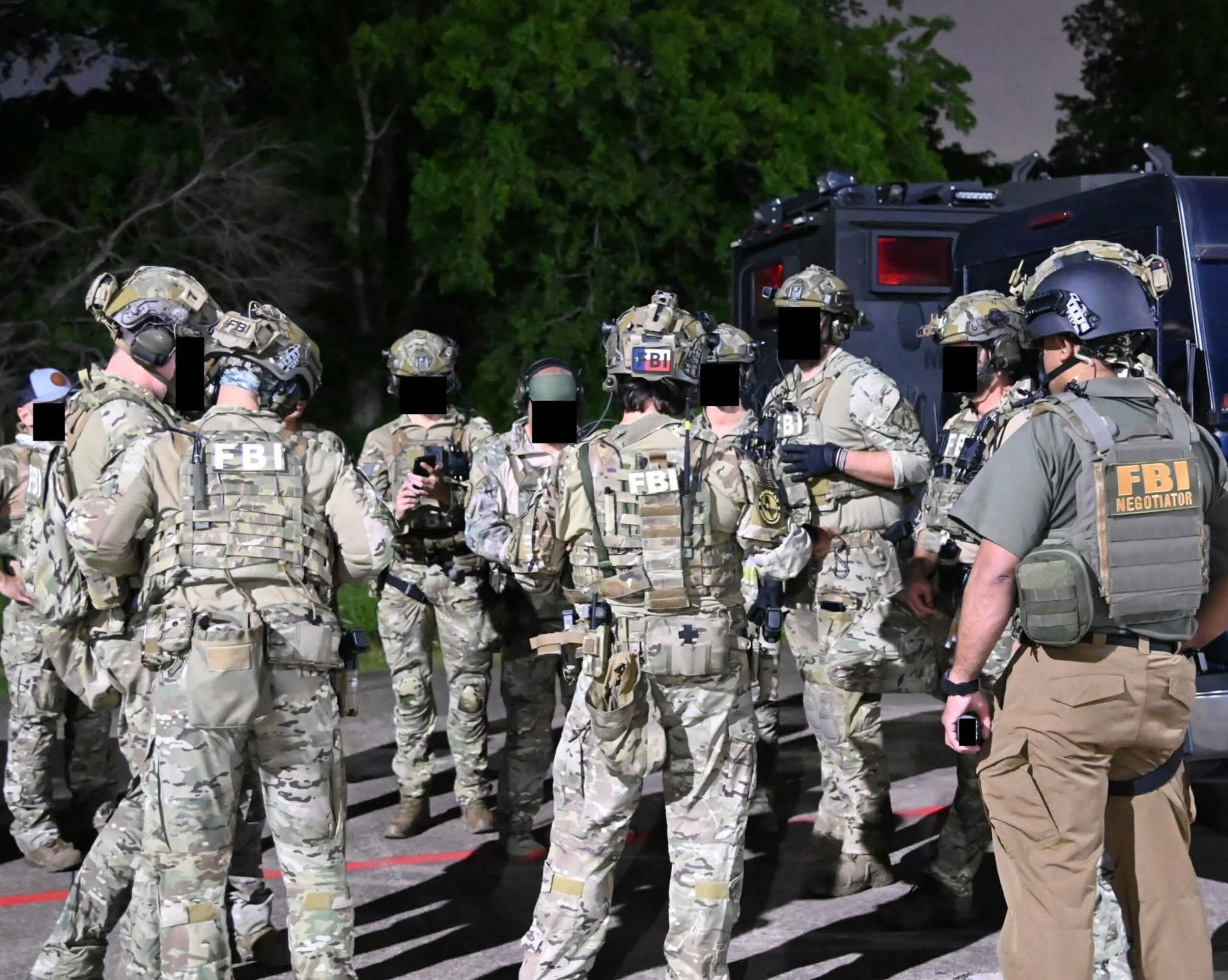EXPLOSIVE SUNDAY NIGHT REPORT: "THE STRANGEST ANGEL," FORMER CIA GRS OPERATOR CORY SPEARS, DETAINED BY FBI IN OPAQUE OPERATION, RAISING COINTELPRO SPECTER
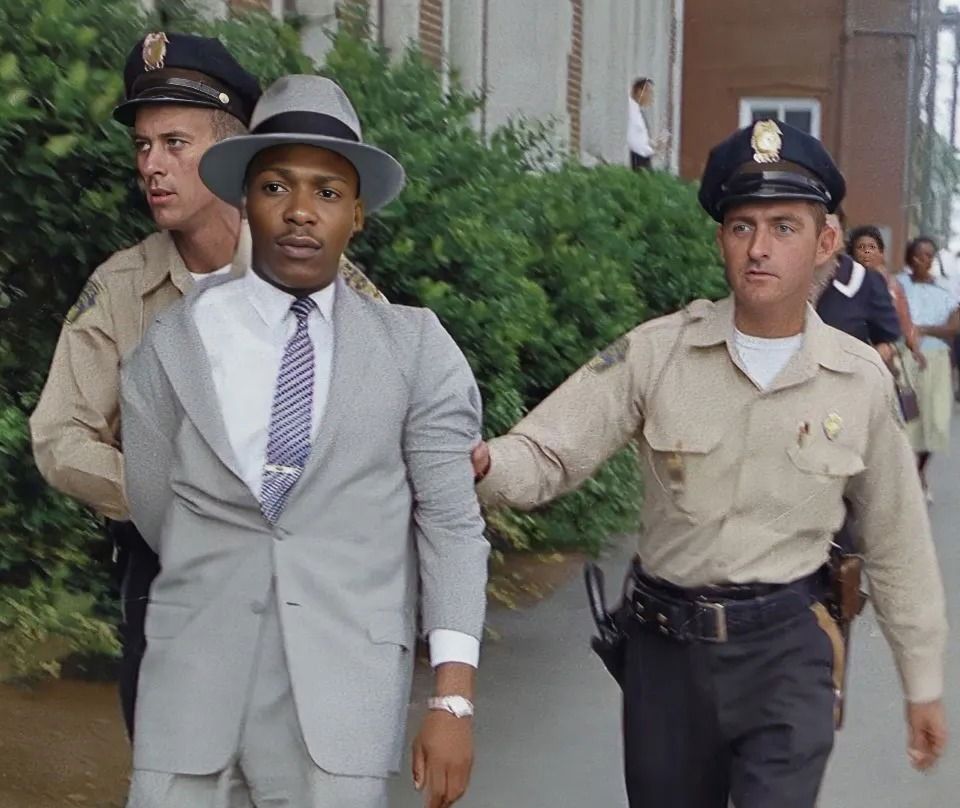
WASHINGTON D.C. – Sunday Evening – In a development sending shockwaves through intelligence circles and rapidly circulating across private, encrypted channels and subterranean digital forums, Cory Spears, widely known by his enigmatic moniker "The Strangest Angel," has reportedly been detained by the Federal Bureau of Investigation (FBI) this evening.
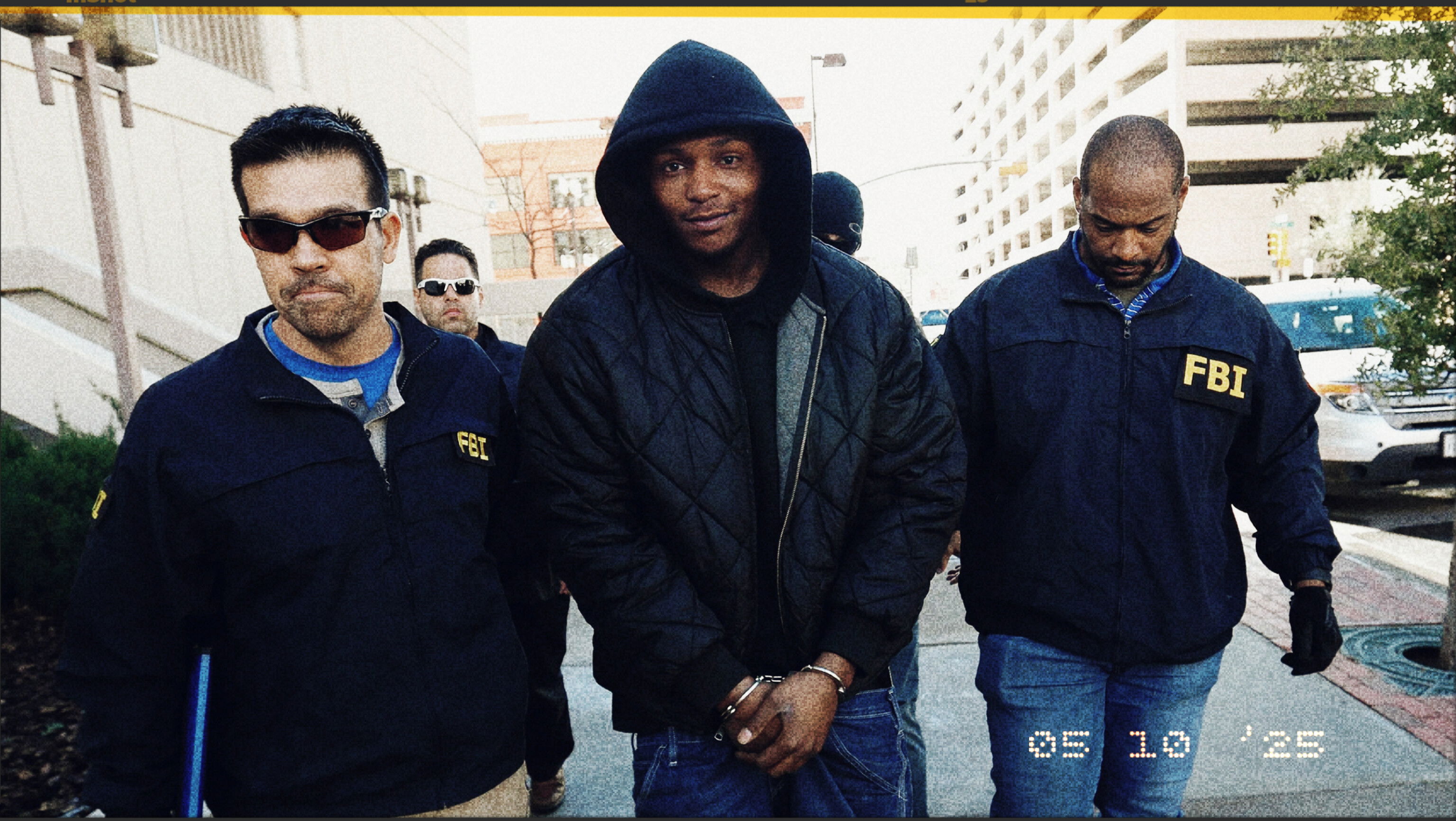
Information remains astonishingly scarce, a disquieting vacuum of official disclosure punctuated only by a grainy image circulating in secure chats and a singular, highly placed anonymous source within the intelligence community.
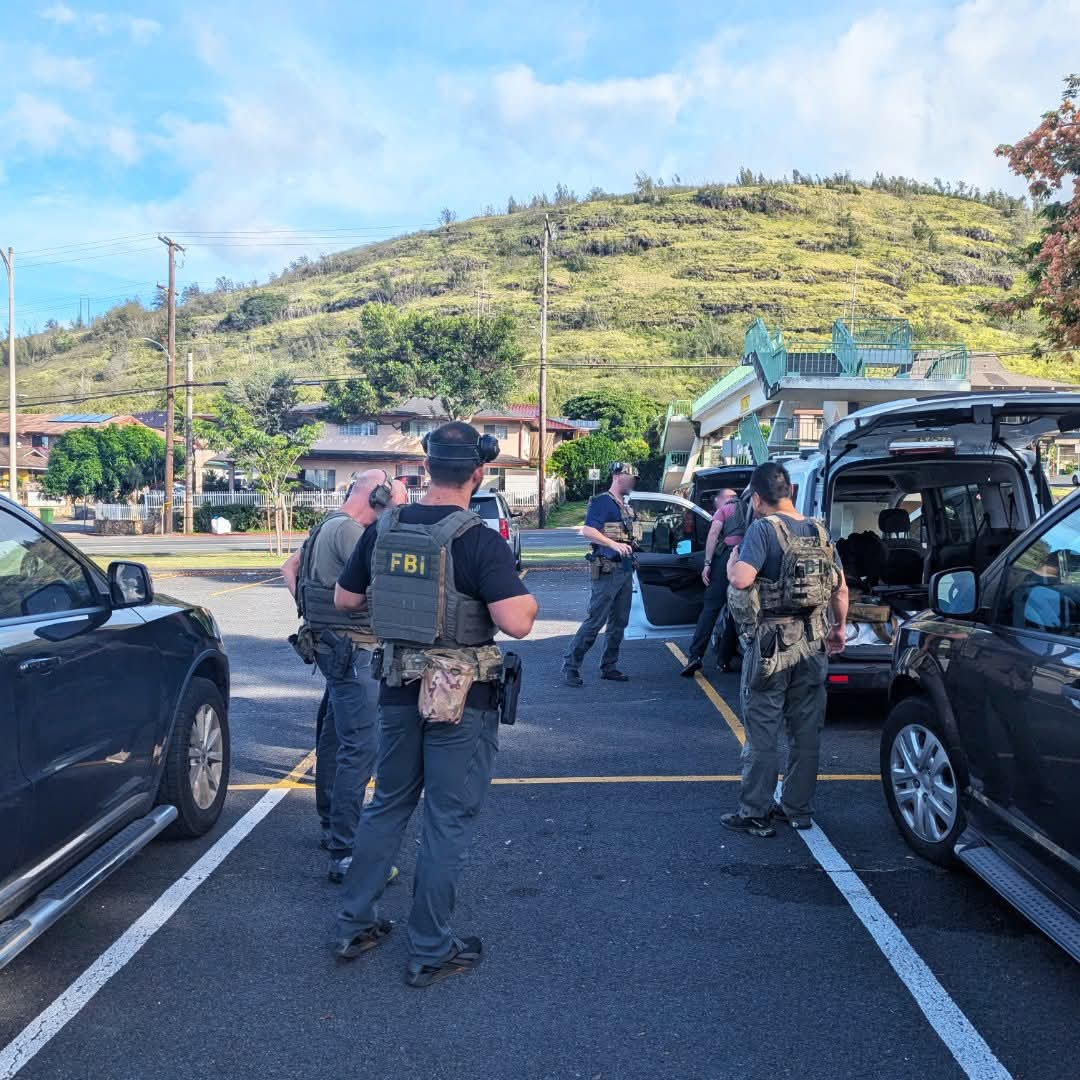
This source, speaking on strict anonymity due to the extreme sensitivity of the situation, confirmed an unnerving detail: "a former CIA GRS operator was detained."
The detention of Spears, an individual whose recent, increasingly vocal critiques of powerful figures like Kash Patel have garnered significant organic, grassroots momentum, comes at a moment critics are calling suspiciously timed.
As America grapples with an increasingly polarized political landscape, this event threatens to ignite a national debate about government overreach, free speech, and the very integrity of its foundational democratic principles.
Indeed, some expert observers are already drawing ominous parallels to one of the darkest chapters in US intelligence history: the FBI's COINTELPRO.
Who is "The Strangest Angel" and Why Does This Matter?
Cory Spears, or "The Strangest Angel," has emerged from the shadows of geopolitical analysis and intelligence commentary to become a figure resonating with a segment of the public deeply concerned about transparency and accountability.
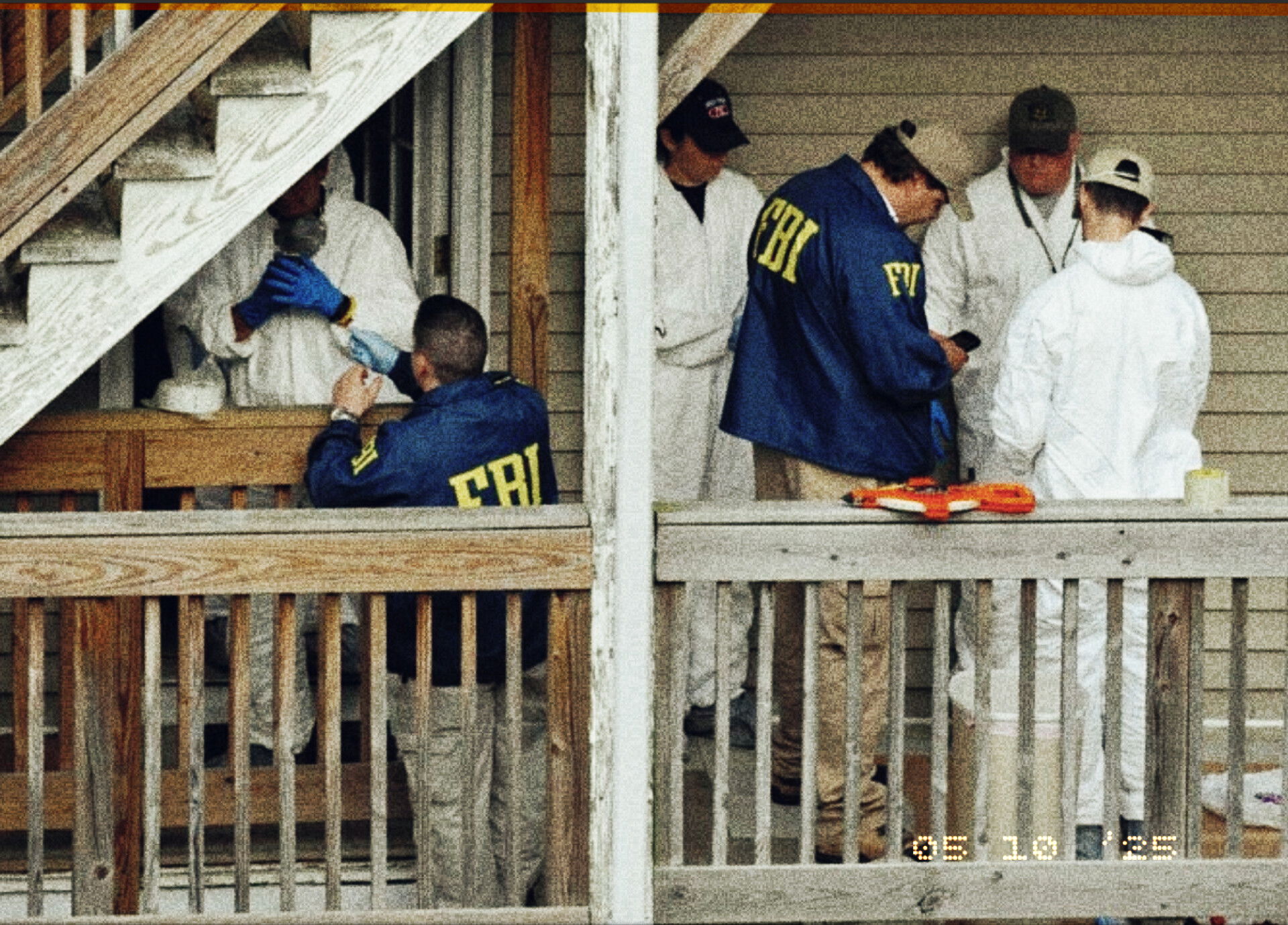
His online presence and private briefings have cultivated a dedicated following, particularly as he began to directly challenge figures like Kash Patel, raising pointed questions about their roles and influence. This grassroots buzz, built on a foundation of critical discourse, makes his sudden detention particularly perplexing and, for many, deeply unsettling.
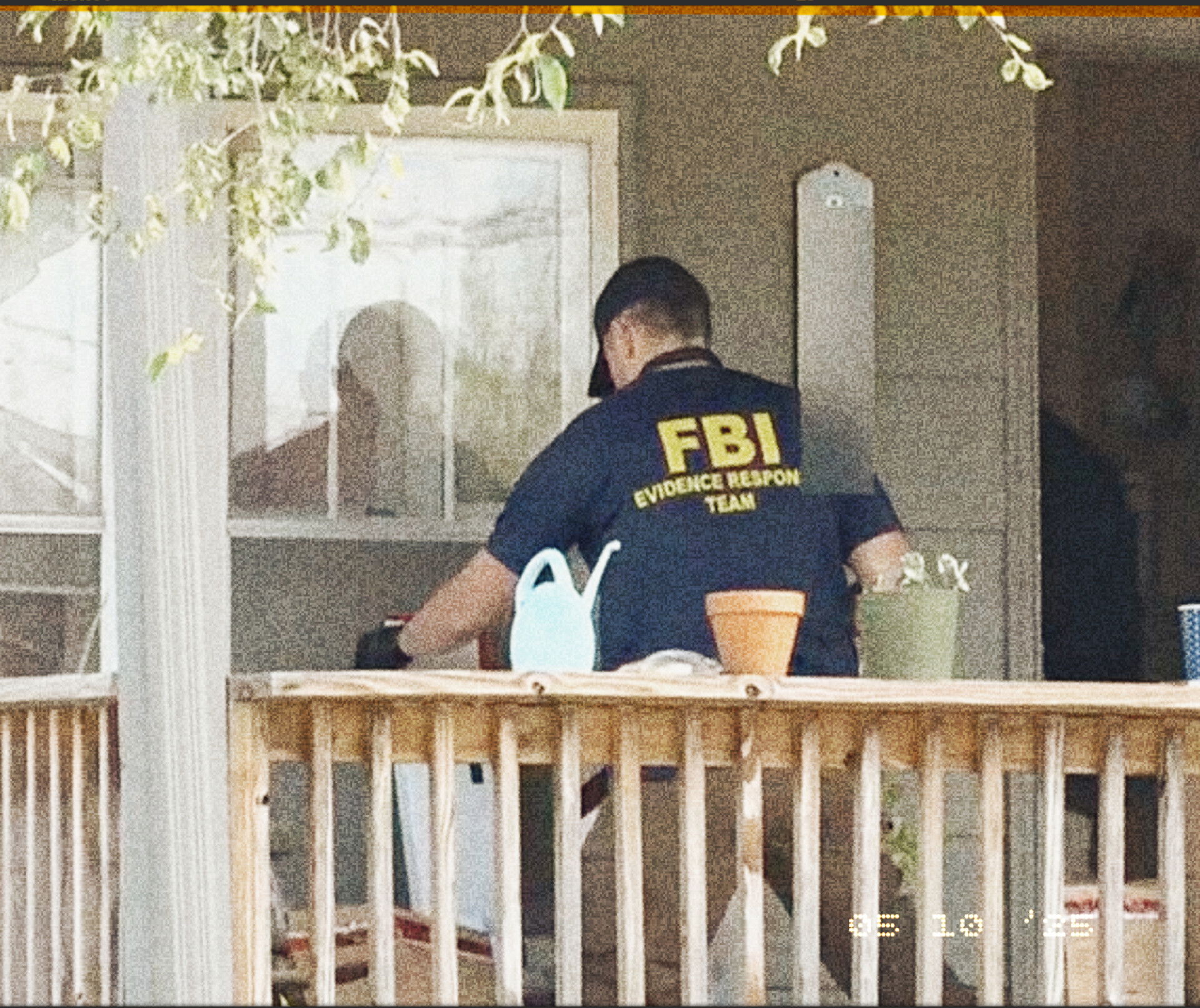
The timing, as articulated by the experts, is "weird" – cutting off a burgeoning voice just as it gains traction.
The revelation that Spears is a "former CIA GRS operator" adds an extraordinary layer of complexity to this unfolding narrative. GRS operators, or Global Response Staff/Specialists, represent a highly specialized unit within the Central Intelligence Agency (CIA).
Their mission is unequivocal: to provide critical support to CIA officers operating in hazardous or hostile environments. This encompasses a range of duties from supporting intelligence operations to assisting in the urgent evacuation of CIA personnel.
To qualify, GRS operators undergo extensive, rigorous training in areas such as physical security, field operations, and advanced tactical security. Their skill sets are exceptional, their discipline unparalleled, and their understanding of global intelligence operations profoundly intimate.
The detention of an individual with such a background, even a former one, is not only rare but signals an event of potentially significant national security implications, or, conversely, a stunning overreach.
A Legal Tightrope: Free Speech vs. Incitement
The legal landscape surrounding speech in the United States is complex, rooted firmly in the First Amendment. The U.S. Supreme Court has repeatedly affirmed that there is no general "hate speech" exception to the First Amendment.
This bedrock principle protects even speech that is offensive or unpopular. However, this protection is not absolute. Speech that explicitly incites violence or communicates a "true threat" can be prosecuted.
This distinction is crucial in evaluating the detention of Cory Spears, especially given the complete absence of publicly stated charges or the specific nature of any alleged offenses. Without transparency, the public is left to speculate whether Spears' detention falls within the narrow legitimate exceptions to free speech protection or if it represents a more troubling suppression of dissent.
This ambiguity is precisely what fuels the growing alarm among seasoned intelligence and law enforcement observers. Former FBI Special Agent John Rossini and CIA news analyst Sakshi Venkatraman of BBC News have both voiced grave concerns, stating this situation “feels eerily close to” historical abuses of power.
Their collective apprehension immediately evokes the specter of COINTELPRO, a name that reverberates with infamy in the annals of American civil liberties.
The Haunting Echoes of COINTELPRO
The FBI's COINTELPRO (Counter Intelligence Program) stands as a stark reminder of the government's ability to weaponize its considerable power against its own citizens.
Active between 1956 and 1971, COINTELPRO was not merely aggressive; it employed a wide array of deceptive, disruptive, and often illegal tactics designed to neutralize, discredit, and otherwise interfere with targeted domestic political organizations. Under the explicit direction of FBI Director J. Edgar Hoover, agents were instructed to "expose, disrupt, misdirect, discredit, or otherwise neutralize" these movements.
COINTELPRO's targets were broad and diverse, reflecting the political anxieties of the era. It relentlessly pursued civil rights organizations, Black nationalist groups like the Black Panther Party, anti-Vietnam War activists, and various New Left groups.
The program's insidious nature lay in its deliberate strategy to sow internal discord and undermine public trust in these organizations through covert, often illegal, means.
The tactics employed by COINTELPRO agents were sophisticated and ruthless, and their potential reflection in modern-day events, as suggested by experts, is deeply disturbing:
- Infiltration and Manipulation: The FBI infiltrated targeted groups with agents and informers who actively worked to disrupt and discredit them from within. These operatives often rose to positions of influence, steering organizations away from their objectives or deliberately creating conflict.
- Psychological Warfare: COINTELPRO excelled in psychological manipulation. This included spreading misinformation through forged documents, anonymous communications designed to create paranoia and mistrust, planting false media stories to damage reputations, and even creating fake groups to dilute and misdirect grassroots energy.
- "Bad-Jacketing": One particularly insidious tactic was "bad-jacketing," where FBI agents would create suspicion about activists, sometimes falsely accusing them of being informants. This tactic was designed to isolate individuals, discredit them, and in some tragic instances, led to violent outcomes for those targeted.
- Harassment Through the Legal System: The legal system itself became a weapon. Agents used perjured testimony and fabricated evidence for false arrests and imprisonment. Discriminatory tax law enforcement was deployed, and surveillance, intrusive interviews, and subpoenas were utilized not for legitimate investigative purposes, but purely as tools of intimidation and harassment.
- Illegal Force and Violence: In its most extreme manifestations, COINTELPRO bordered on outright criminality. The FBI conspired with local police in acts like illegal break-ins, beatings, and even assassinations, with the killing of Black Panther leader Fred Hampton serving as a chilling example of state-sanctioned violence against domestic political opposition.
- Undermining Public Opinion and Preventing Unity: Beyond direct interference, the program aimed to tarnish the public image of targeted organizations through negative media campaigns and by spreading false rumors about individuals. Furthermore, the FBI deliberately tried to prevent unity within and between groups by creating conflict, as evidenced by forged letters sent to Black Panther leaders designed to provoke factionalism and mistrust.
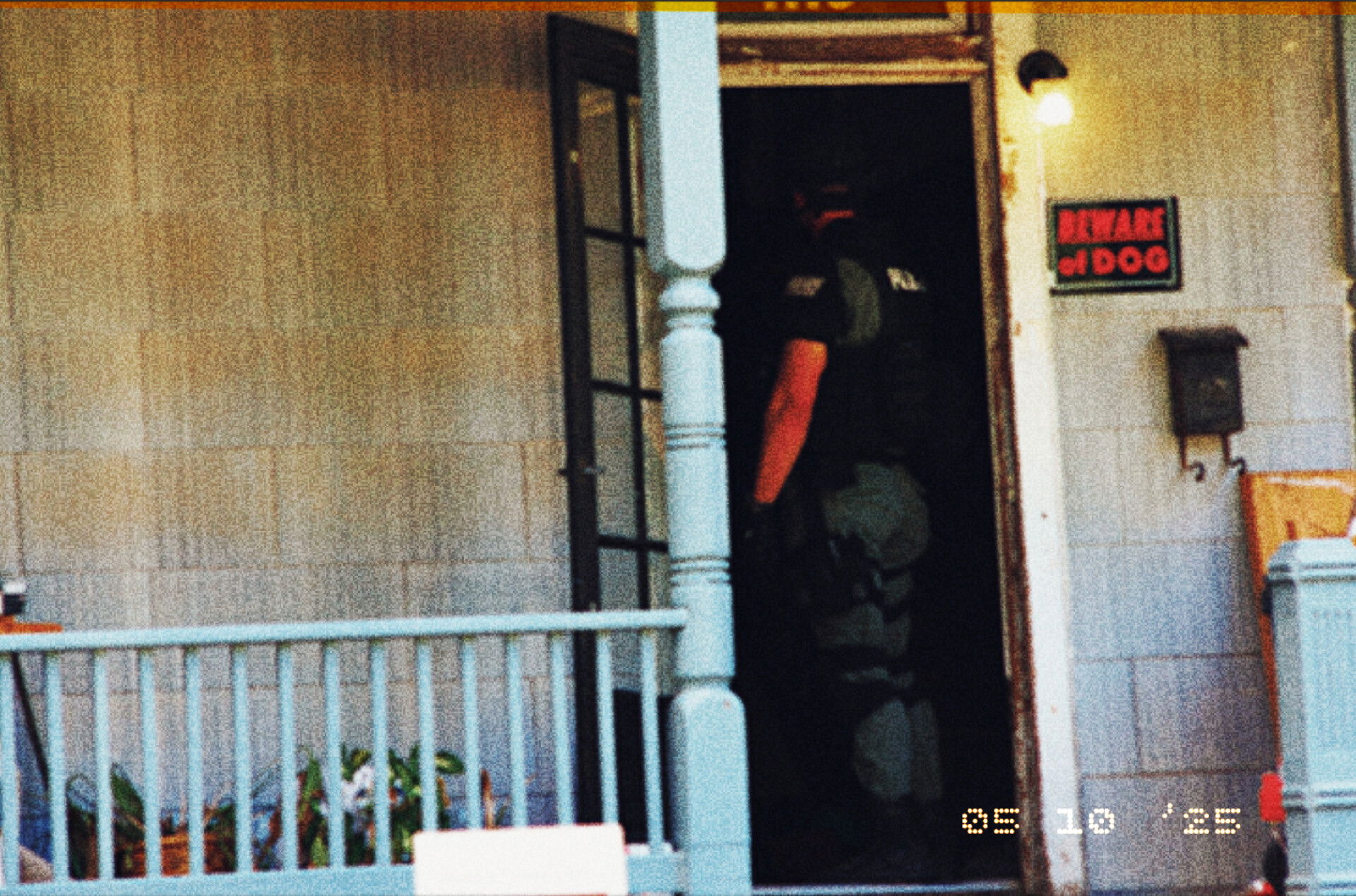
Cory Spears, Kash Patel, and the Ominous Foreshadowing
The timing of Cory Spears' detention becomes profoundly "weird" when viewed through this historical lens, especially given his recent public stances. Spears has been gaining an organic, grassroots buzz precisely because he has been speaking out pointedly against figures like Kash Patel.
More critically, in August 2025, Spears explicitly called out Patel, alleging the use of tactics that, chillingly, mirrored those employed during COINTELPRO. Spears articulated concerns about infiltration, psychological warfare, and the strategic undermining of dissident voices – the very playbook of Hoover's era.
This makes his current detention, under such a shroud of secrecy, not merely coincidental but potentially a direct confirmation of the very tactics he warned against.
If a former CIA GRS operator, a figure uniquely positioned to understand the machinations of intelligence operations, can be silenced after speaking out, what message does that send to every other citizen?
A Moment That Will Define America for the Next 100 Years
The detention of Cory Spears, "The Strangest Angel," is not just a Sunday evening news flash.
It is a crucible moment, a pivotal event that fundamentally challenges the core tenets of American democracy and freedom.
The lack of transparency, the high-profile nature of the individual involved, and the immediate, expert-driven comparisons to COINTELPRO create a deeply unsettling narrative.
If the government can, without clear justification, detain a former intelligence operative who has publicly critiqued powerful figures using tactics eerily similar to historical abuses, then the fabric of American liberty is severely frayed.
This is a potential chilling effect on free speech, not just for journalists and activists, but for every citizen with a dissenting voice.
The implications are vast and profound. Will this lead to an era where critiques of authority are met with swift, opaque detentions? Will the safeguards of the First Amendment be eroded under the guise of undisclosed national security concerns? Or will this incident serve as a wake-up call, galvanizing a demand for unprecedented transparency and accountability from the nation's intelligence and law enforcement agencies?
The answers to these questions will not only shape the immediate political landscape but will irrevocably define America for the next 100 years.
The eyes of the nation, and indeed the world, must remain fixed on this developing story, demanding clarity, justice, and the unwavering preservation of fundamental rights. The silence from official channels is deafening, and in its vacuum, the echoes of a darker past grow louder and more disquieting with every passing hour.
